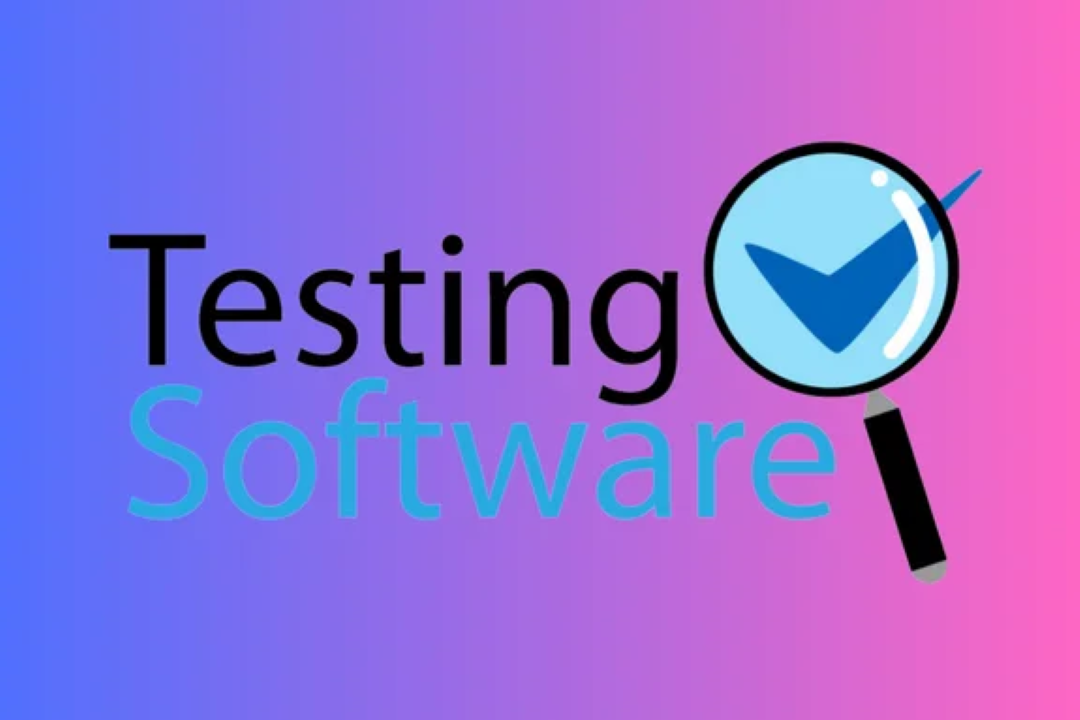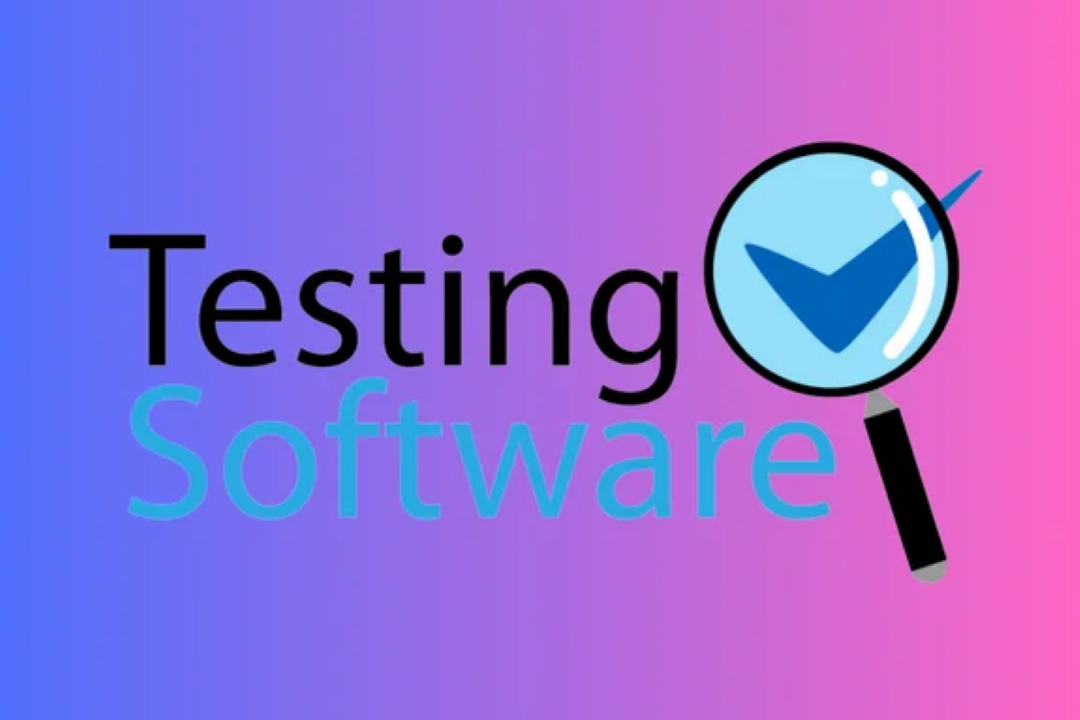Selenium Course For Professionals
The Selenium Automation Testing Certification Course at JustAcademy is a comprehensive program tailo
Selenium Course For Professionals
The Selenium Automation Testing course at JustAcademy is designed for professionals looking to elevate their expertise in software testing and automation. Selenium is a powerful tool that enables testers to automate web applications efficiently, reducing manual testing efforts and improving overall testing accuracy. This course provides in-depth knowledge of Selenium's functionalities, practical techniques for creating and managing test scripts, and insights into integrating Selenium with other testing tools and frameworks. By completing this course, professionals can enhance their proficiency in automating tests, streamline their testing processes, and ultimately contribute to higher software quality and faster release cycles in their organizations.
To Download Our Brochure: https://www.justacademy.co/download-brochure-for-free
Message us for more information: +91 9987184296
The Selenium Automation Testing course at JustAcademy is designed for professionals looking to elevate their expertise in software testing and automation. Selenium is a powerful tool that enables testers to automate web applications efficiently, reducing manual testing efforts and improving overall testing accuracy. This course provides in depth knowledge of Selenium's functionalities, practical techniques for creating and managing test scripts, and insights into integrating Selenium with other testing tools and frameworks. By completing this course, professionals can enhance their proficiency in automating tests, streamline their testing processes, and ultimately contribute to higher software quality and faster release cycles in their organizations.
Course Overview
The “Selenium Course for Professionals” at JustAcademy offers an extensive curriculum tailored to enhance the skills of experienced software testers and developers. This course covers essential concepts of Selenium WebDriver, including test automation frameworks, effective test script creation, and best practices for managing test data. Participants will engage in real-time projects that replicate industry scenarios, gaining hands-on experience with critical tools and techniques in web application testing. By the end of the course, attendees will have a solid understanding of implementing automation strategies, improving testing efficiency, and ensuring higher software quality, making them valuable assets in any tech-driven organization.
Course Description
The “Selenium Course for Professionals” at JustAcademy is designed for experienced software testers and developers seeking to advance their automation skills using Selenium WebDriver. This comprehensive course covers advanced testing methodologies, test automation frameworks, and effective script creation, emphasizing real-world applications through hands-on projects. Participants will learn best practices for managing test data and integrating Selenium with other tools, ultimately enhancing their ability to deliver high-quality software solutions efficiently. By the end of the course, attendees will possess the expertise needed to implement robust automation strategies and contribute significantly to their organizations' testing efforts.
Key Features
1 - Comprehensive Tool Coverage: Provides hands-on training with a range of industry-standard testing tools, including Selenium, JIRA, LoadRunner, and TestRail.
2) Practical Exercises: Features real-world exercises and case studies to apply tools in various testing scenarios.
3) Interactive Learning: Includes interactive sessions with industry experts for personalized feedback and guidance.
4) Detailed Tutorials: Offers extensive tutorials and documentation on tool functionalities and best practices.
5) Advanced Techniques: Covers both fundamental and advanced techniques for using testing tools effectively.
6) Data Visualization: Integrates tools for visualizing test metrics and results, enhancing data interpretation and decision-making.
7) Tool Integration: Teaches how to integrate testing tools into the software development lifecycle for streamlined workflows.
8) Project-Based Learning: Focuses on project-based learning to build practical skills and create a portfolio of completed tasks.
9) Career Support: Provides resources and support for applying learned skills to real-world job scenarios, including resume building and interview preparation.
10) Up-to-Date Content: Ensures that course materials reflect the latest industry standards and tool updates.
Benefits of taking our course
Functional Tools
1 - Selenium WebDriver
Selenium WebDriver is the core component of the Selenium suite and serves as the primary tool used in the course. It allows testers to write scripts in various programming languages—such as Java, C#, and Python—to automate browsers. With WebDriver, students learn to interact with web elements like buttons, links, and forms, simulating user actions. The course emphasizes understanding how to select elements using different locators, handle dynamic web content, and manage browser interactions effectively. This foundational knowledge is crucial for writing robust automated tests.
2) TestNG
TestNG is a testing framework inspired by JUnit and NUnit that is extensively used in the Selenium Course to facilitate test organization and management. Students will learn how to create test suites, manage test execution, and generate reports. TestNG supports various testing configurations, making it versatile for different test scenarios. Important features like annotations help streamline the coding process, while its support for parallel testing improves efficiency. Understanding TestNG equips students with the skills to effectively manage large test cases and drive testing automation in real time projects.
3) Maven
Maven is a build automation tool used primarily for Java projects. In the Selenium Course, students will learn how to use Maven for project management and dependency management. The course covers how to set up a project structure, manage libraries, and automate builds. With Maven, participants will gain experience in configuring project files (POM.xml) to include necessary dependencies for Selenium and other testing tools. This knowledge is essential for maintaining organized projects and streamlining the testing workflow in professional environments.
4) Page Object Model (POM)
The Page Object Model is a design pattern that enhances the maintainability of test scripts. Throughout the course, students will learn how to implement POM to separate the representation of web pages from the tests themselves. This pattern promotes code reusability, reduces duplication, and simplifies test maintenance when UI changes occur. By utilizing POM, learners will discover how to create cleaner, more manageable code, making it easier to navigate and update their testing frameworks over time.
5) Selenium Grid
Selenium Grid allows for parallel execution of tests across multiple machines and browsers, which can significantly reduce testing time. The course introduces students to setting up and configuring Selenium Grid, enabling them to run tests simultaneously on different environments. This tool is particularly beneficial in continuous integration setups, where testing needs to be performed rapidly and frequently. Learning about Selenium Grid prepares students for real world scenarios where efficiency and speed are paramount in the testing process.
6) Cucumber
Cucumber is a tool that supports Behavior Driven Development (BDD) and is used in the course to bridge the gap between technical and non technical stakeholders. Students will learn how to write test cases in plain language (Gherkin syntax), making it easier for everyone involved in the project to understand the specifications. The integration of Cucumber with Selenium allows for the execution of automated tests based on user stories. This aspect of the course emphasizes collaboration and clear communication, which are essential skills in a professional testing environment.
7) Continuous Integration/Continuous Deployment (CI/CD) Integration
In the modern development landscape, integrating testing into CI/CD pipelines is critical for delivering quality software efficiently. The Selenium Course introduces students to popular CI/CD tools like Jenkins and GitLab CI. Learners will understand how to automate testing processes, trigger tests based on code changes, and generate reports post execution. This knowledge prepares them for real time project environments, where tests are an integral part of the development lifecycle, ensuring that any defects are identified and resolved quickly.
8) Test Automation Frameworks
The course covers various testing frameworks that enhance the structure and organization of test scripts. Students will learn about the benefits of using frameworks such as Hybrid, Data Driven, and Keyword Driven frameworks. Understanding the architecture of these frameworks will enable them to select the most appropriate approach for different projects, enhancing test effectiveness and maintainability. This knowledge is particularly useful when working on large scale projects requiring collaboration among multiple testers.
9) Handling Web Elements
One crucial part of the Selenium Course is mastering how to locate and interact with various web elements. Students will explore advanced techniques for handling dynamic elements, alerts, frames, and pop ups. The course emphasizes best practices for waiting strategies—like implicit and explicit waits—to ensure tests run reliably regardless of loading times. This skill set is vital for creating tests that mimic real user interactions, therefore providing accurate results in automated testing scenarios.
10) Java Programming Basics
For those new to programming, the Selenium Course includes a module on the basics of Java. Students will learn fundamental concepts, such as variables, control structures, object oriented programming principles, and exception handling. These programming skills are essential for writing effective Selenium scripts. A solid grasp of Java enables students to customize their test cases and troubleshoot issues efficiently, enhancing their overall competency as automation testers.
11 - Performance Testing Integration
While Selenium is primarily used for functional testing, the course touches on integrating performance testing tools like JMeter. Students will learn how to measure the performance of web applications alongside their functional testing. Understanding how to evaluate load, latency, and stress points reinforces their overall testing capabilities, preparing them for comprehensive application evaluations in a real world environment.
12) Mobile Testing with Selenium
As mobile usage continues to rise, testing mobile applications becomes increasingly important. The course provides insights into mobile testing frameworks like Appium and how they work alongside Selenium WebDriver. Students will learn how to set up their environment for mobile automation testing and gain experience testing both native and hybrid mobile applications. This additional skill set makes them more versatile and attractive to potential employers in the industry.
13) API Testing with RestAssured
Modern applications often involve complex integrations where API testing is crucial. The course includes a module on API testing using RestAssured, a popular Java library. Students will learn how to validate API responses, manage authentication, and handle different types of requests. This knowledge complements their Selenium skills by enabling them to ensure that the backend services function correctly alongside the user interface.
14) Bug Tracking and Reporting Tools
An essential part of the testing lifecycle is tracking bugs and reporting findings. The Selenium Course covers popular bug tracking tools such as JIRA and Bugzilla. Students will learn best practices for documenting bugs, assigning severity levels, and collaborating with development teams for resolution. This training equips them with the necessary skills to contribute effectively within project teams and facilitate better communication between testers and developers.
15) Soft Skills for Test Automation Careers
Technical abilities can set candidates apart, but soft skills are equally essential in the workplace. The course emphasizes the importance of communication, teamwork, and problem solving skills. Students will be encouraged to collaborate on group projects and present their findings and processes. Developing these skills prepares them for dynamic work environments and positions them for success in their future careers as automation testers.
By covering these additional components, the Selenium Course not only empowers students with technical skills but also equips them with real world knowledge and practices to excel in their careers at JustAcademy.
Browse our course links : https://www.justacademy.co/all-courses
To Join our FREE DEMO Session:
This information is sourced from JustAcademy
Contact Info:
Roshan Chaturvedi
Message us on Whatsapp: +91 9987184296
Email id: info@justacademy.co
Power Bi Dashboard Design Course
Top Power Bi Training Institutes With Interviews In Bangalore












